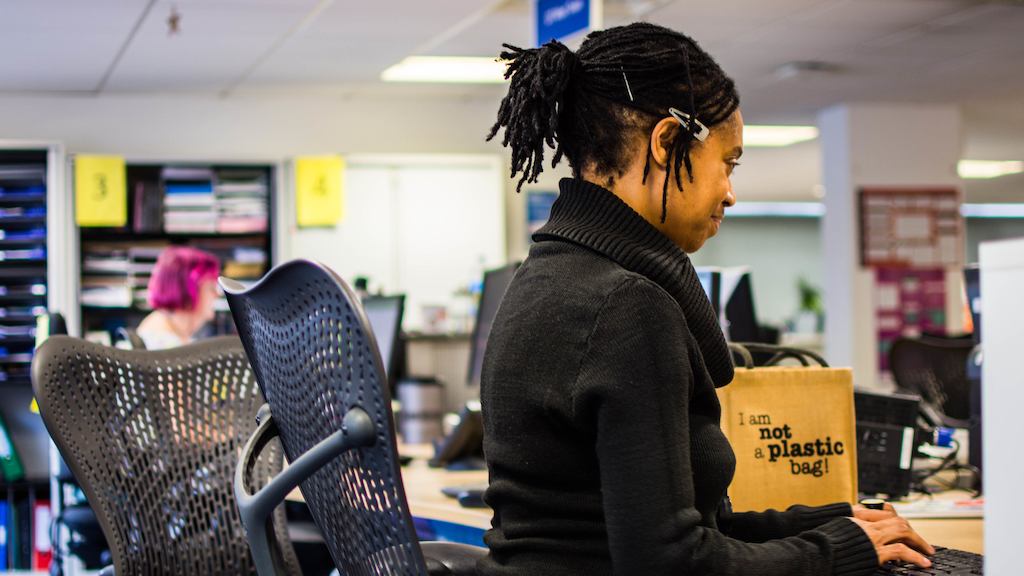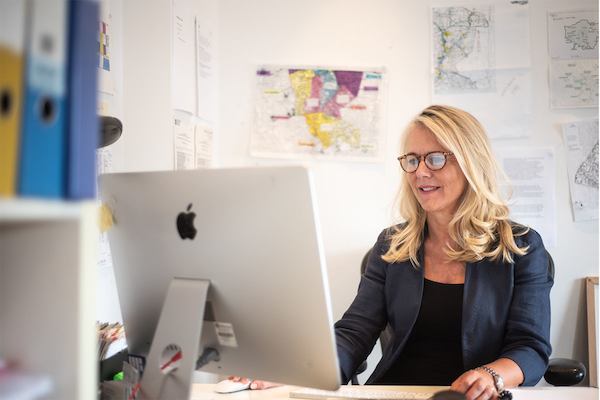As an experiment, what would happen if you flipped the way that you talked about younger and older people? How would it sound?
“I’ll always go out of my way to help a little young lady cross the road with her shopping.”
“Don’t get me wrong I like young people, but does that mean I want a 25-year old behind the wheel of my bus or a 35-year old nurse trying to take a blood sample?”
“Should they even be in work? Surely a few of these younger people could step aside to let some fresh old talent come through.”
“Well you can’t teach a young dog new tricks…”
“It’s an old man’s game”
A lot of this language has become so naturalised that it can be jarring when you apply it to another age group. So why do we accept these stereotypes for some groups and not others? This distinction particularly matters in the job market.


